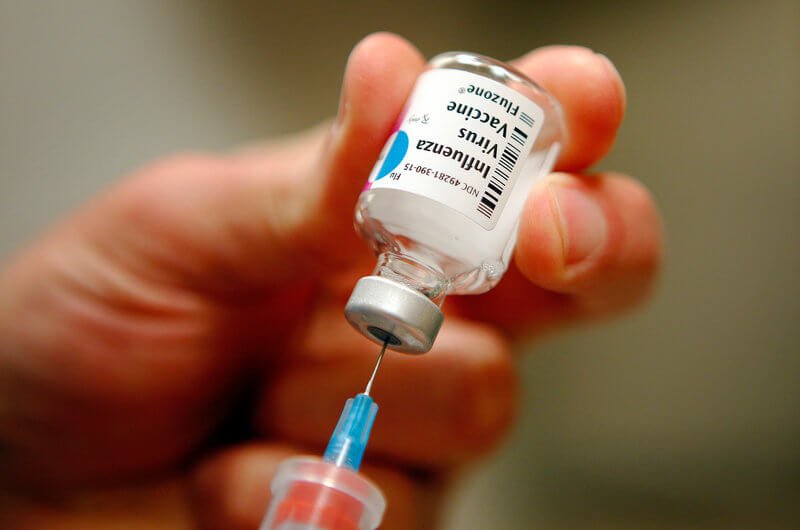If you’ve ever gotten a flu shot — and then, later that season, gotten the flu — you were more than likely, and rightly, miffed. Your doctor might have explained that the problem was possibly that the influenza vaccine wasn’t well matched that year to the strains people coughed and sneezed in your direction.
But increasingly influenza researchers are offering another explanation: The problem, at least partly, could be you.
A growing body of evidence suggests that sometimes our immune systems simply don’t follow the instructions a vaccine tries to give them — that is, make antibodies to fight a particular H3N2 or H1N1 virus. The reason? We all have flu baggage that shapes the way our immune systems respond to both infections and vaccines.
“We’ve all been trained on different influenza viruses,” explained Scott Hensley, an associate professor of microbiology at the University of Pennsylvania who studies the factors that influence response to flu vaccine.
…
The idea is that the first flu viruses your immune system encounters make indelible marks on it. A person born in 1970 whose first influenza A infection was caused by an H3N2 virus will always mount a better immune response to H3N2 viruses — or that component of the vaccine — than she will to an H1N1 virus or vaccine.
Read full, original post: Flu science points us to another culprit when vaccines fail – us































